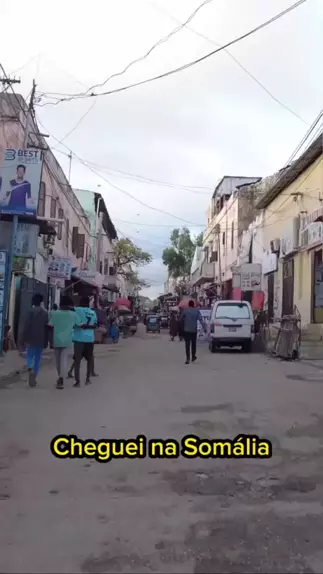Can the digital revolution truly empower communities? A bold statement supports this: platforms like Telegram are transforming how societies connect and share knowledge. In Somalia, one of the most intriguing examples is the rise of Telegram channels such as Wasmo Muqdisho. These channels have become pivotal spaces for cultural exchange, information dissemination, and even economic opportunities. By leveraging technology, individuals in Mogadishu and beyond are reshaping their narratives and reclaiming their voices.
The impact of these platforms extends far beyond entertainment. For instance, the channel Qolka Wasmo Somali has amassed over 14,000 members, creating a vibrant community centered around Somali culture, poetry, and music. This phenomenon highlights the power of digital tools in preserving traditions while fostering innovation. As Somalia emerges from decades of conflict, women entrepreneurs are at the forefront of rebuilding not just the economy but also the social fabric. They use Telegram to promote businesses, share resources, and collaborate on projects that drive progress.
| Personal Information | Details |
|---|---|
| Name of Channel | Wasmo Muqdisho |
| Category | Cultural Exchange & Entertainment |
| Founder/Creator | Anonymous (Community-Driven) |
| Year Established | 2019 |
| Subscribers | Approximately 50,000+ |
| Content Focus | Somali Music, Poetry, Art, and Discussions |
| Official Website | Telegram Official Site |
Telegram's role in facilitating connections among Somalis cannot be overstated. Channels like Only Somali cater specifically to diaspora audiences, ensuring they remain connected with their roots. With nearly 37,000 subscribers, this group serves as both a cultural hub and a support network for those living abroad. It exemplifies how technology bridges geographical divides, enabling global participation in local conversations.
Moreover, the platform provides an avenue for underrepresented voices to gain visibility. Women, in particular, have leveraged Telegram to challenge stereotypes and redefine societal norms. Their contributions extend beyond business ventures into advocacy work, education initiatives, and artistic expression. Through channels dedicated to empowering women, users can access mentorship programs, job listings, and networking opportunities tailored to their needs.
One notable example is the Wasmo Vip channel, which focuses on premium content creation and exclusive discussions. While its primary audience consists of urban professionals and tech enthusiasts, it also attracts younger generations eager to learn about emerging trends. Such platforms foster inclusivity by offering diverse perspectives and encouraging dialogue across different demographics.
As Somalia continues to recover from years of turmoil, the significance of digital platforms becomes increasingly apparent. They serve not only as tools for communication but also as catalysts for change. By democratizing access to information and resources, Telegram empowers ordinary citizens to contribute meaningfully to national development efforts. Furthermore, these channels play a crucial role in countering misinformation and promoting accurate representation of Somali life.
In addition to cultural and social impacts, Telegram plays a vital part in economic growth. Entrepreneurs utilize the platform to advertise products, seek investors, and establish partnerships. Many small businesses thrive thanks to targeted marketing strategies implemented through Telegram groups. Similarly, freelancers find clients and showcase portfolios via specialized channels designed for professional networking.
However, challenges persist. Issues such as cybersecurity threats, privacy concerns, and regulatory compliance require ongoing attention. Ensuring user safety while maintaining freedom of speech remains a delicate balancing act. Nonetheless, the potential benefits outweigh the risks when managed responsibly. As more people embrace digital solutions, the collective impact grows exponentially.
Ultimately, Telegram represents much more than just another messaging app—it symbolizes hope, resilience, and innovation in action. Its influence on Somali society mirrors broader global trends where technology drives transformation. Whether through sharing poetry, organizing events, or supporting startups, users worldwide harness the power of connectivity to create positive change. And as stories unfold daily within these virtual spaces, the future looks brighter for all involved.
This exploration reveals the profound ways in which platforms like Telegram shape modern-day interactions. From rebuilding economies post-conflict to amplifying marginalized voices, the possibilities seem limitless. As we move forward into an increasingly interconnected world, understanding these dynamics will prove essential for anyone seeking to engage meaningfully with digital communities.



